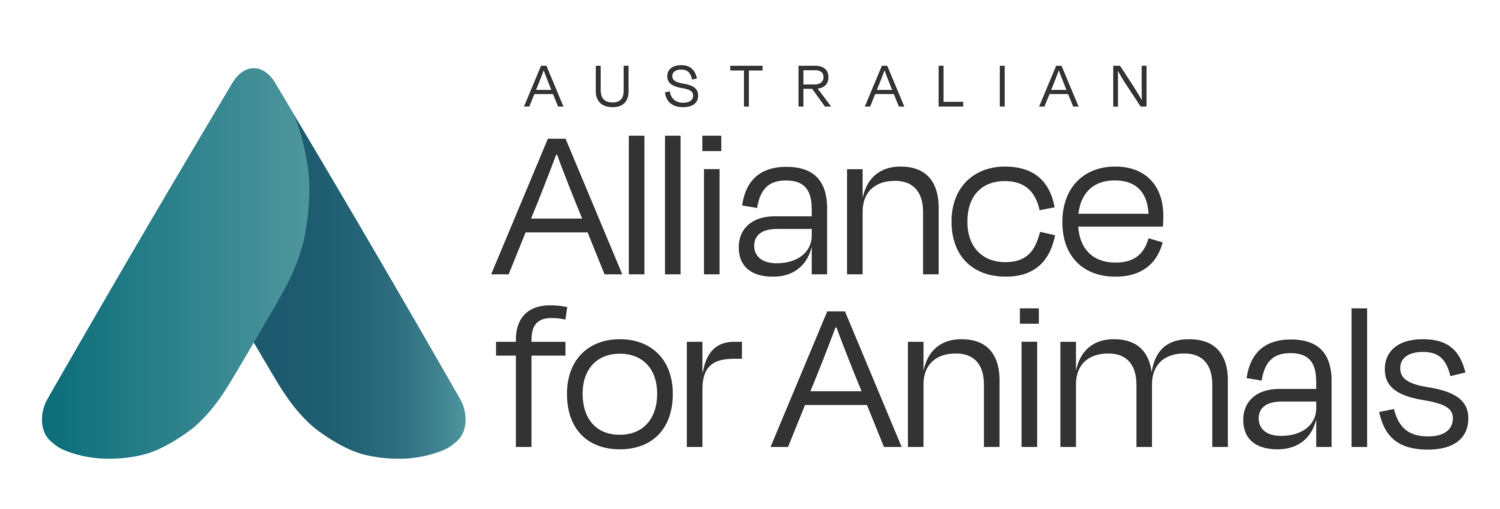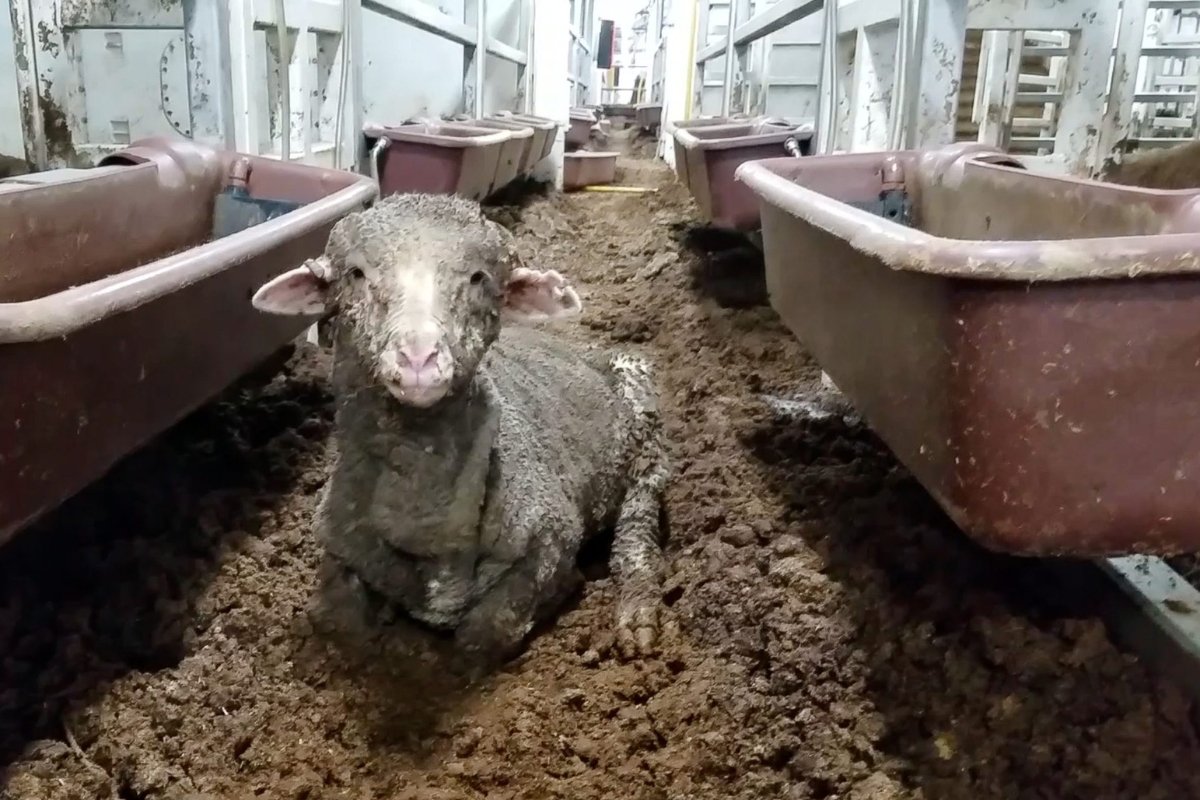Raising the profile of animal welfare this Federal Election
With the announcement of the next Federal Election on the 3rd of May, political parties and candidates are releasing their policies on a wide range of issues, but too often, animal welfare is overlooked.
But we know Australians care about animals and that’s why we’re launching a Federal Election Scorecard campaign, to secure animal welfare commitments from the parties and help Australians know which parties share their values.
This election, we have asked the parties for their stance on six policies that would improve the lives of millions of animals in Australia. Here’s what they are and why they matter:
Live sheep export phase out
Live sheep export has been a source of immense suffering for decades. On 1 July 2024, the Australian Government passed legislation to phase out live sheep export by sea by 1 May 2028 in response to serious animal welfare issues. However, with the 2025 election approaching, this hard-fought progress is under threat. The Federal Coalition has vowed to repeal the legislation if elected.
Policy ask:
Support the current legislative phase out of live sheep exports by 1 May 2028.
Image source: Animals Australia
National Animal Welfare Commission/Office
Australia’s animal welfare system is fragmented, inconsistent and overly influenced by industries that profit from animals. Without national leadership, animal welfare laws vary widely across states and enforcement remains weak. A National Animal Welfare Commission would provide independent, science-based advice to the government and ensure a more consistent approach to animal welfare nationwide.
Policy Ask
Establish a national Animal Welfare Commission/Office as recommended by the Productivity Commission to coordinate the states and territories in developing and implementing national animal welfare standards and to provide independent science-based advice to Government on animal welfare.
Note: amber tick available for supporting either of the following policies:
expand the functions of the Inspector-General for Animal Welfare and Live Animal Exports to include other areas of Commonwealth responsibility for animal welfare beyond live exports, including export abattoirs
allocate sufficient funding to enable the Australian Government to lead the development of the national animal welfare standards and guidelines on the Animal Welfare Task Group’s work plan
Australian Animal Welfare Strategy
Since 2014, Australia has lacked national coordination and leadership for animal welfare, resulting in stalled reforms and poor standards. This has left billions of animals without stronger protections and damaged Australia’s international reputation. The Australian Government has begun work to revive the Australian Animal Welfare Strategy, but long-term support is needed to ensure it delivers meaningful change.
Policy ask:
Support the ongoing development and implementation of the Australian Animal Welfare Strategy with a funding commitment of $14 million over 4 years.
Image source: Farm Transparency Project
Supporting animal welfare advocacy
Many major animal welfare organisations in Australia are not eligible for tax deductible donations, significantly limiting their ability to raise funds and advocate for animals. The Productivity Commission’s 2024 report on philanthropy recommended expanding eligibility to encompass all animal welfare and advocacy charities, social welfare and human rights organisations.
Policy ask:
Extend eligibility for deductible gift recipient (DGR) status to all animal welfare charities and support charity advocacy, as recommended in the Productivity Commission’s Future Foundations for Giving report and the Not-for-profit Sector Development Blueprint.
Image source: Dillon Watkin
Animal welfare trade policy
Animal welfare is often ignored in Australia’s trade agreements, which focus on economic gains without considering the impact on animals. This means Australia can import and export animal products without proper welfare safeguards, leaving animals vulnerable to cruel practices. A formal animal welfare trade policy would ensure that trade negotiations include animal welfare considerations and has the potential to improve outcomes for animals globally.
Policy ask:
Establish a formal animal welfare trade policy to inform the Department of Foreign Affairs and Trade’s approach to negotiating trade agreements.
Image source: Animal Kind
Expand trophy hunting import ban
Australia currently bans the import of hunting trophies from African lions, elephants and the southern white rhino under the Environment Protection and Biodiversity Conservation Act 1999. However, this ban does not cover many other species, including animals listed under the Convention on International Trade in Endangered Species (CITES). Expanding the ban would prevent Australians from contributing to the cruel and unsustainable practice of trophy hunting.
Policy ask:
Extend the existing ban on hunting trophies under the Environment Protection and Biodiversity Conservation Act 1999, which currently includes African lions, elephants and the southern white rhino, to all species protected under the Convention on International Trade in Endangered Species (CITES).
Which political parties are prioritising animal welfare?
What can you do?
Engage with candidates/parties: We’ve created a toolkit to help you contact the parties and let them know what you think about these issues.
Educate & share: Learn where the parties and candidates stand on key reforms for animals & share our scorecards with your networks.
Follow the Alliance: Keep up-to-date with the issues by following the Alliance on social media & signing up to our news.







